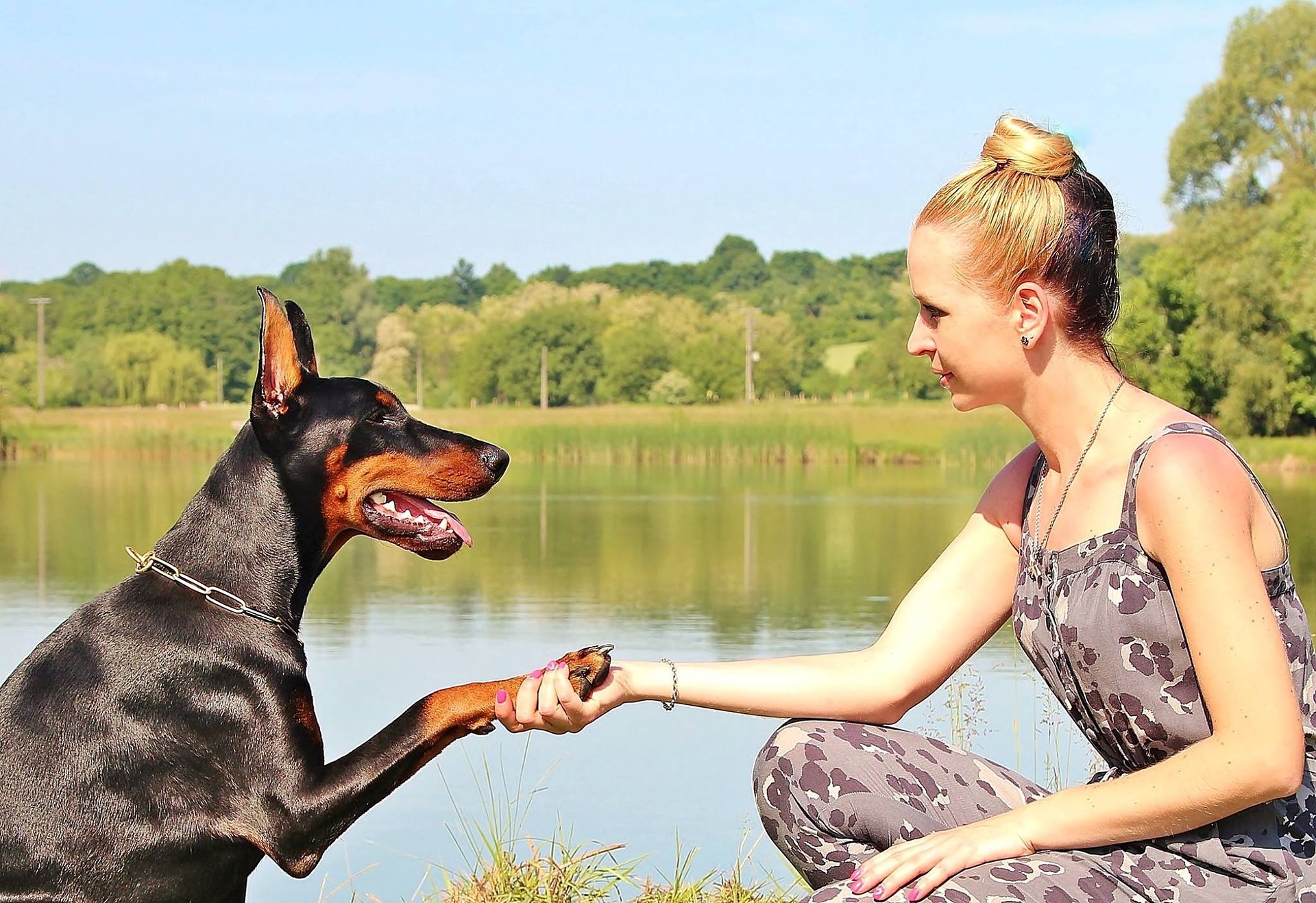For dog lovers, fostering a needy pup is one of the most fulfilling acts one can do. Fostering a dog gives them much more love, attention, and care than can be provided at a shelter or kennel and prepares them for a new life once they get adopted. For a first-time dog foster, you might not know the responsibilities or challenges of dog fostering. If you love dogs and have a determined attitude, foster dogs can represent a fantastic experience for you, your family, and the dog whose life you will change for the better! Read on to learn more about dog fostering and if it is right for you.
Dog Fostering Basics
As a dog foster, you are responsible for many of the same things an average dog owner is responsible for. These include vet visits, love and care, and exercise for your dog. There are, however, unique aspects of dog fostering that require you to go above and beyond a regular routine. The organization through which you began the fostering will often organize adoption events with the goal of finding a loving home for the dog long term. As the foster parent, you are responsible for bringing the dog to these events and interacting with potential adopters. Adoption agencies will also ask that you observe the dog’s personality and growth over their stay in your house to determine the best potential fit, whether it be a family with pets or a single person looking for a companion.
The organization behind the foster programs usually offers food, medical care, and resources to help your foster dog thrive. As such, your responsibilities also include training and socializing your foster dog so that they enjoy continued success with its new family in the future.
Foster Dogs and Training
Just as you might train your own dog, training for a foster dog improves their behavior and makes the life of both pet and owner much more comfortable. However, foster dogs come with a unique set of challenges and goals. On one hand, many foster dogs come from shelters where they received insufficient socialization and training, and they might require more patience and care than you are used to. However, foster dog training aims to increase their desirability to potential adopters. When training your foster dog, remember that you are directly contributing to their potential adoption chance!
Here are your most important responsibilities:
Potty Training: Put simply, a dog that is already potty trained has a massive boost to its adoptability. Shelter dogs are less likely to be accustomed to daily walks where they can relieve themselves, so even older dogs might not be as potty trained as you might initially believe. With added stress from a new environment, your foster dog might have problems initially; sticking with it will ensure they thrive when moved to their forever home!
Socialization: Whether to people or other animals, making sure your foster pet is comfortable around others is a huge bonus for potential adopters. Slowly introducing your foster dog to other animals broadens the range of households able to adopt them. This can be accomplished through your existing household pets or other dogs on walks.
Manners: Dogs cooped up all day in shelters might not know the best ways to act, and they might be feisty during play or aggressive when trying to get what they want. Through continued exposure to a reward system and love and care, you can teach your foster pet how they are expected to behave within a household. With good manners, foster dogs have a much greater chance of adoption. As the dog foster parent, you should prepare your foster pup as well as possible with basic behaviors, obedience, and socialization.
Do you need help with training? Call the experts at Gulf Coast K9 Dog Training for a schedule of obedience classes at our Bradenton facility.





